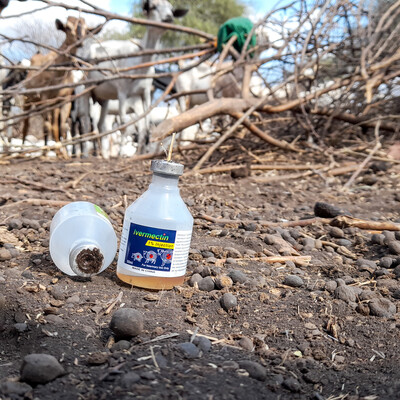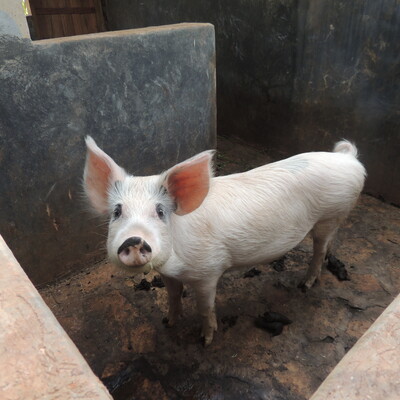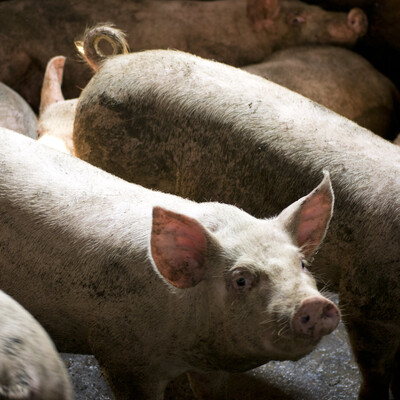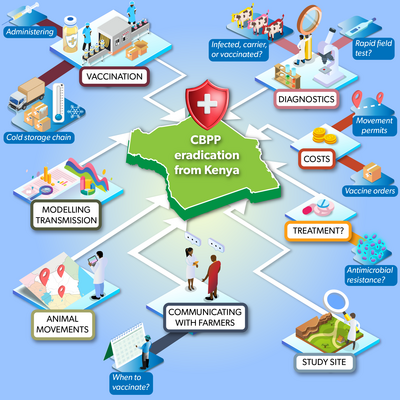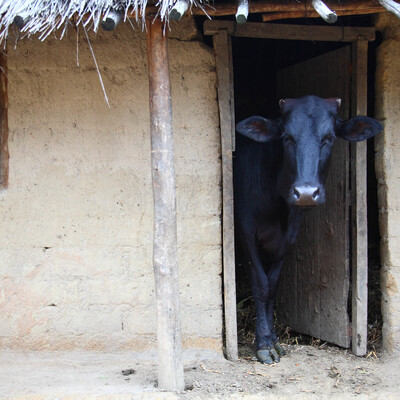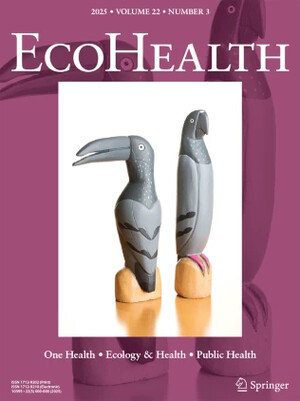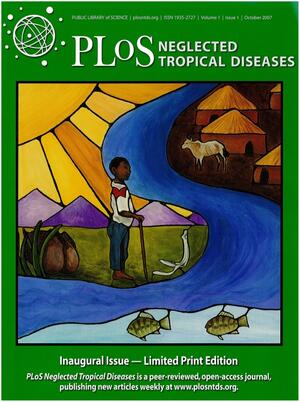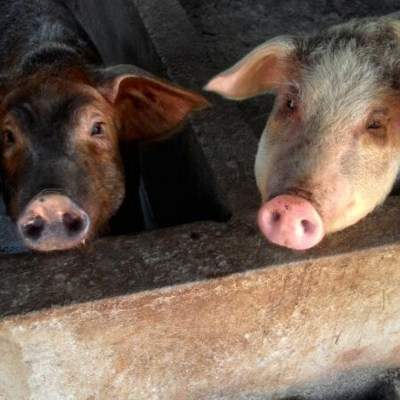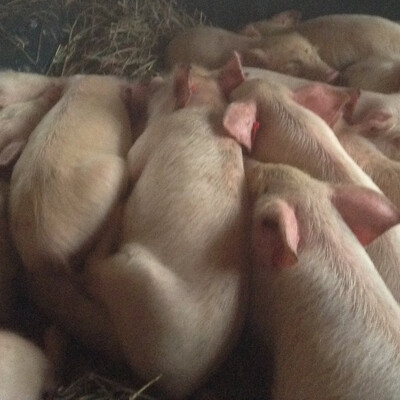
Livestock scientists say climate change can increase risk of animal pests and diseases
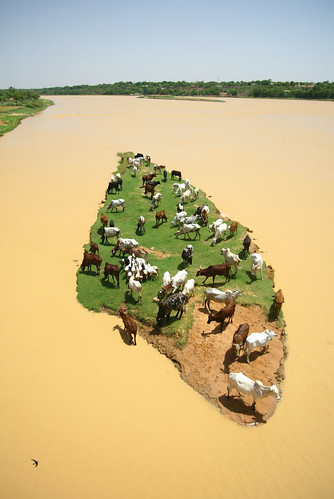
Livestock grazing on an island in the River Niger, as seen off a bridge in Niger’s capital, Niamey (photo credit: ILRI/Stevie Mann).
The livestock sector contributes significantly to the global economy and to rural livelihoods. Globally, approximately one billion smallholder farmers keep livestock. However, the burden of animal disease in developing countries is high; livestock disease kills 20% of ruminants and over 50% of poultry each year, causing annual losses of approximately USD 300 billion.
A new report on climate and livestock disease by scientists from the International Livestock Research Institute (ILRI) shows that climate change can increase the burden of livestock diseases, and some diseases like Rift Valley fever and trypanosomosis are especially sensitive to climate change.
Climate change may also have indirect effects on animal diseases, for example, higher temperatures and greater humidity can lead to faster development of disease-causing parasites and pathogens.
In order to address climate impacts on the livestock sector, the authors make the following recommendations for policymakers:
- Invest in ‘no regret’ adaptation responses. Many adaptation responses based on improving the control of climate-sensitive livestock diseases are ‘no regret’ options, which, by reducing the burden of livestock disease, will enhance community resilience, alleviate poverty and address global inequity irrespective of climate change.
- Improve disease surveillance and response in order to detect changes in disease in a timely way, thus dramatically reducing the costs of response. This requires investment and innovation in disease reporting systems as well as laboratories capable of confirming diseases. Risk-based and participatory surveillance are promising options for improving disease reporting.
- Increase the capacity to forecast near term occurrence of climate-sensitive diseases, and to predict longer-term distribution of diseases through better epidemiological information and ground-truthed models.
- Improve animal health service delivery by investing in the public sector and supporting innovations in the private sector such as community animal health workers linked to private veterinarians. Promote One Health and ecohealth approaches to disease control, especially in vulnerable communities with high reliance on livestock (for example, pastoralists in East Africa).
- Support the eradication of priority diseases where this is economically justified. Develop diagnostics and vaccines, and promote adoption of good practices and strengthened biosecurity to improve disease control.
- Increase the resilience of livestock systems by supporting diversification of livestock and livelihoods, and integrating livestock farming with agriculture. Consider promotion of species and breeds that are more resistant to disease and climate change.
- Adopt breeding strategies focused on identifying and improving breeds that are better adapted to climate change impacts and disease.
- Understand the potential land use changes in response to climate change and monitor their impacts on animal disease to allow preventive or remedial actions.
The report was submitted to the Subsidiary Body for Scientific and Technological Advice (SBSTA) of the United Nations Framework Convention on Climate Change ahead of a special workshop on agriculture at the 42nd session of the SBSTA held on 1-11 June 2015 in Bonn, Germany.
An information note, Impact of climate change on African agriculture: focus on pests and diseases, gives a summary of the submission.
The CGIAR Research Program on Climate Change, Agriculture and Food Security (CCAFS) and the CGIAR Research Program on Agriculture for Health and Nutrition (A4NH) supported the preparation of the report.
Citation
Grace D, Bett B, Lindahl J and Robinson T. 2015. Climate and livestock disease: assessing the vulnerability of agricultural systems to livestock pests under climate change scenarios. CCAFS Working Paper No. 116. Copenhagen, Denmark: CGIAR Research Program on Climate Change, Agriculture and Food Security (CCAFS).





